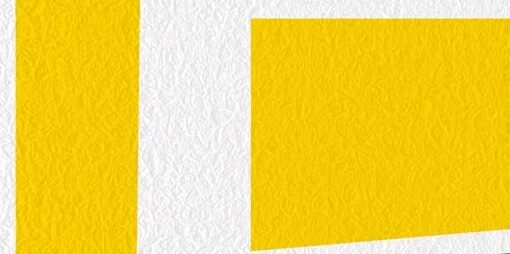Adam Alter – Anatomy Of A Breakthrough (2023)
Het boek gaat deels over het omgaan met of voorkomen van blokkades (i.e., ‘being stuck’), maar deels ook over ideeën in engere zin. De auteur beschrijft een overvloed aan factoren, waarschijnlijk de enige manier om een dergelijk multifactorieel probleem aan te vliegen. Een leuk en makkelijk leesbaar verhaal, waardoor er onbewust dan wel bewust ongetwijfeld iets blijft hangen dat bijdragend zal blijken te zijn.

Across almost every imaginable context, people advance slowly or stop altogether when goals feel far away, and they move more quickly when those goals appear to be within reach
The fact that we believe ‘being stuck’ is noise rather than signal is a historical anomaly of the last 150 years. Much of this reflects ’the myth of progress’ – the largely Western idea that things improve over time. With the rise of science, modern medicine, and stock markets that grow an average of 7 percent yearly, we’ve come to believe that every problem can be solved, cured, or resolved.
The serial order effect: If people first exhaust an obvious category and then stop and switch to new idea categories, their later responses will be better than their earlier responses.
The average age for successful entrepreneurs is forty-two. Many founders thrive in their forties, in part because they’ve lived.
We tend to think of people as more or less creative in the long run, but most of us are capable of great creativity under the right conditions.
An idea should be novel, but also trail similar but not identical ideas to give it just the right degree of familiarity
Must humans prefer to be lazy today, even if they’ll have to work twice as hard tomorrow; the average adult needs to be paid 28% interest to wait a year to receive money
Being stuck is a sign of progress – of having moved beyond a place of comfort and mastery to a place where you’re challenged. The key is to remember that straying to more difficult terrain invites setbacks, but those setbacks are essential for progress in the long run.
People are more likely to add to or complicate a situation before they even consider subtracting from or simpifying it
"You should be holding the golf club with the same pressure you would hold a small bird. Tight enough so it doesn't fly away, but soft enough so you don't crush it."
- Sam Snead (considered one of the greatest golfers of all time)
Rules, guidelines, formulas, and algorithms are valuable aids, but adhering to them all the time doesn’t work. The key is learning when to obey, and when to defy, and the easiest way to experiment with defiance – paradoxically – is to limit yourself by imposing constraints.
Instead of a radical innovation no one wants, most success comes from a well-placed tweak, a novel combination of two or more existing elements, or the better version of an idea or product not yet perfected
"Serendipity is the natural gift for making useful discoveries by accident. It is different form ordinary, unlearned luck because serendipitous luck requires skill."
- Robert Merton (American Sociologist)
When hunting for a breakthrough, and seeking a new and creative path, expertise might prevent you from thinking as broadly as you should. It’s impossible to unknow what you know already, and this existing knowledge tends to constrain you creativity.
Creatives benefit from working with new teammates, particularly when those teammates have worked in very different circles in the past. Nonredundancy – or novelty – produced breakthroughs from stagnation to rejuvenation.
You should always consult outsiders for advice when you’re stuck: even incompetent outsiders move a team forward. They don’t need to be oracles or genuises. They just need to be different.
The ‘plus-minus’ metric measures what happens to a team’s score when a particular player is on the court. By definition, the average across all players in the league at any time must be zero.
Jumping from exploration to exploitation, and back again, is almost always productive. Since switching back is always an option, the only unproductive strategy is to switch too seldom.
